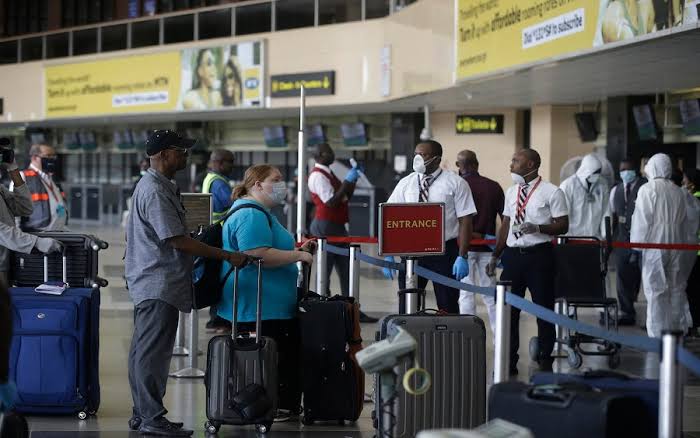
Nigerians reduced their spending on foreign air travel by 30 percent in 2024, dropping to $2.66 billion, following a similar decline in 2023, according to data from the Central Bank of Nigeria. This marks two consecutive years of falling passenger revenue after a sharp rise in 2022.
Experts attribute the decline primarily to the severe depreciation of the Naira, which fell by 244 percent against the dollar in 2024, and soaring inflation that reached 34.8 percent. These economic pressures have eroded disposable incomes, making international air travel less affordable for many Nigerians.
Additional factors include tighter immigration policies and visa restrictions imposed by developed countries, which have reduced the number of Nigerians traveling abroad. The cost of airline tickets has also increased sharply due to foreign carriers pricing tickets in dollars amid challenges repatriating funds.
Industry leaders highlight that rising aviation fuel costs and foreign exchange shortages have increased operational expenses for airlines, further driving up ticket prices. The combination of these factors has forced many Nigerians to prioritize essential spending, such as food and housing, over discretionary expenses like foreign travel.
Analysts estimate that the weak Naira accounts for nearly half of the decline in travel revenue, while economic hardship and inflation contribute significantly to the reduction in passenger numbers. Visa restrictions are also responsible for a smaller but notable portion of the decrease, particularly affecting premium and long-haul travel segments.
Overall, the trend reflects the broader economic challenges facing Nigeria, with many citizens unable to afford international travel amid persistent inflation, currency instability, and limited foreign exchange availability.








